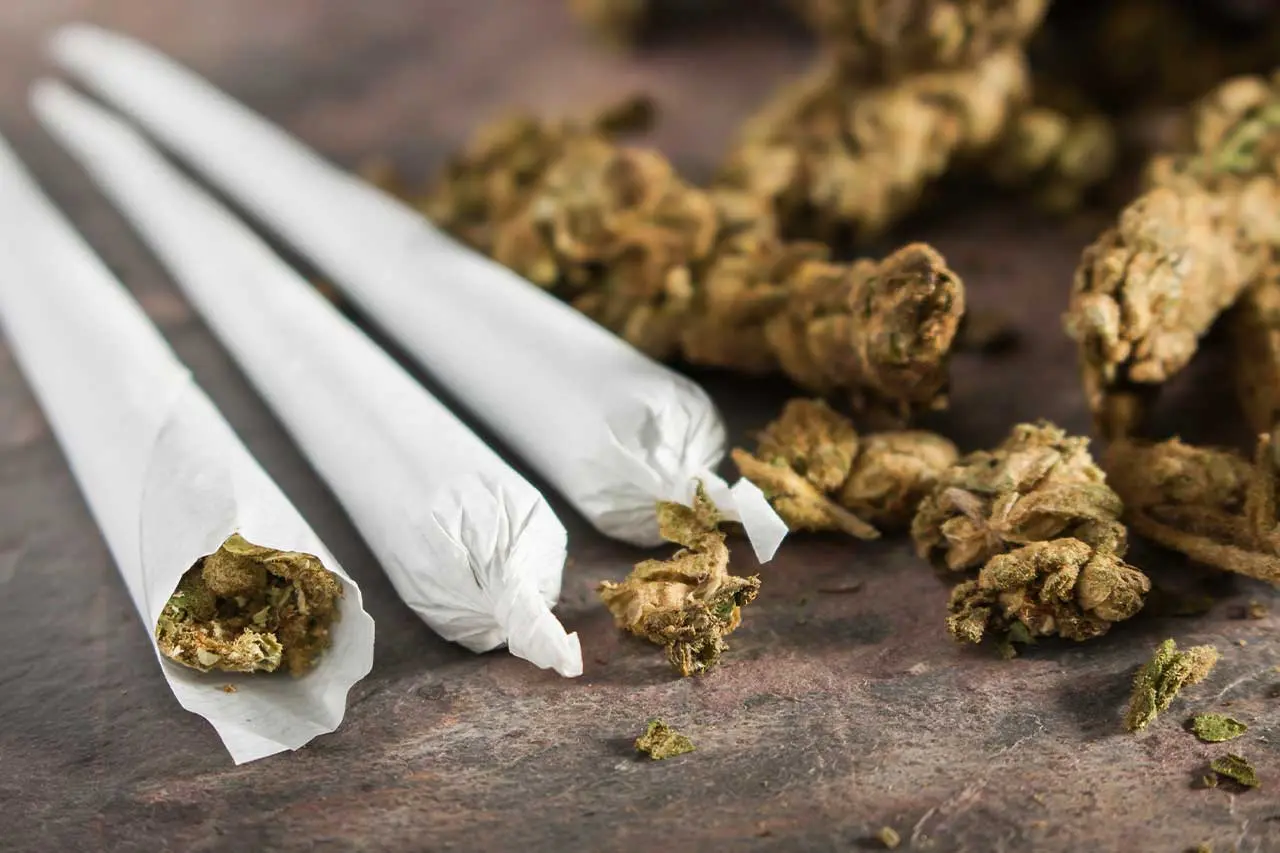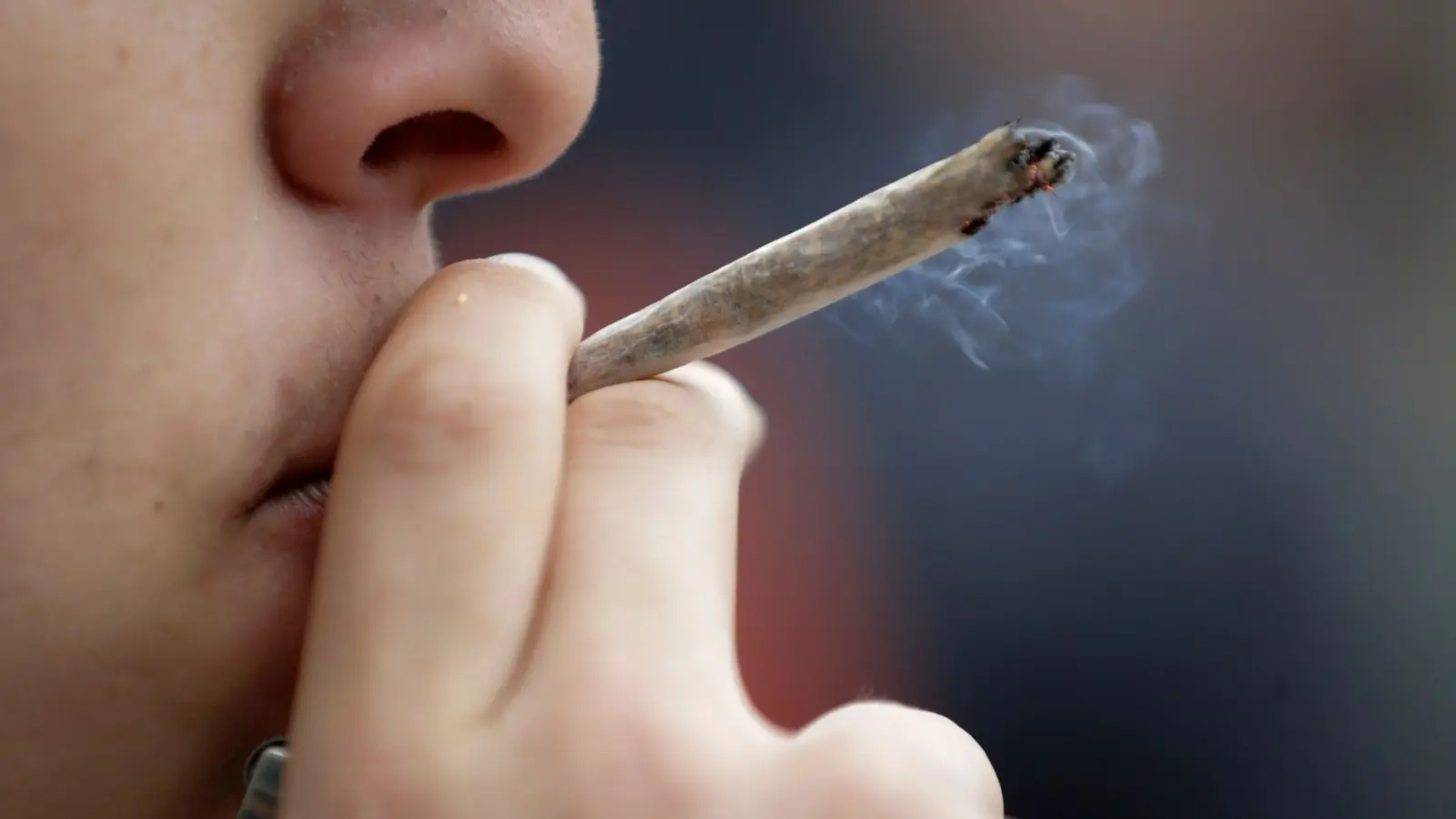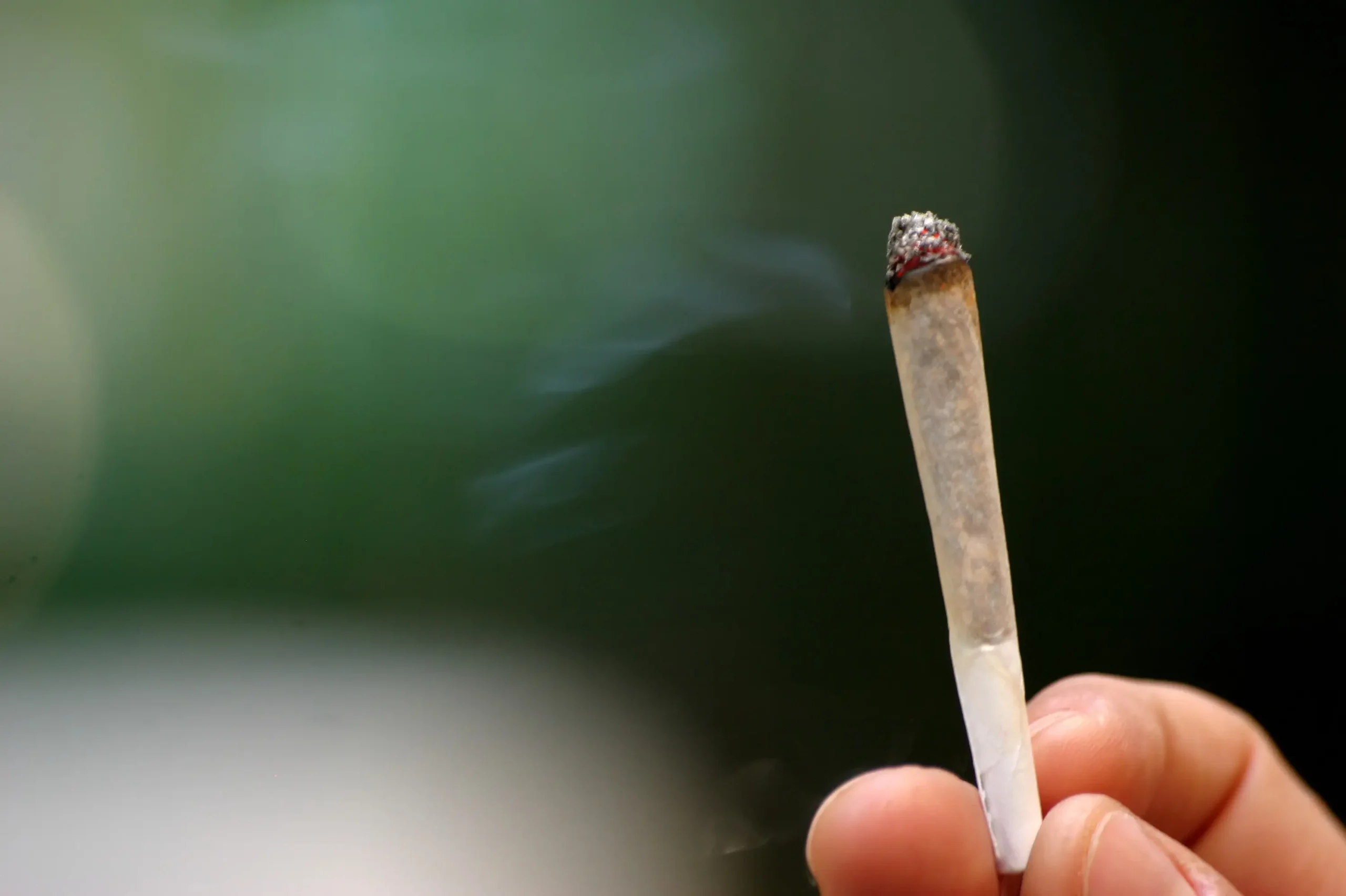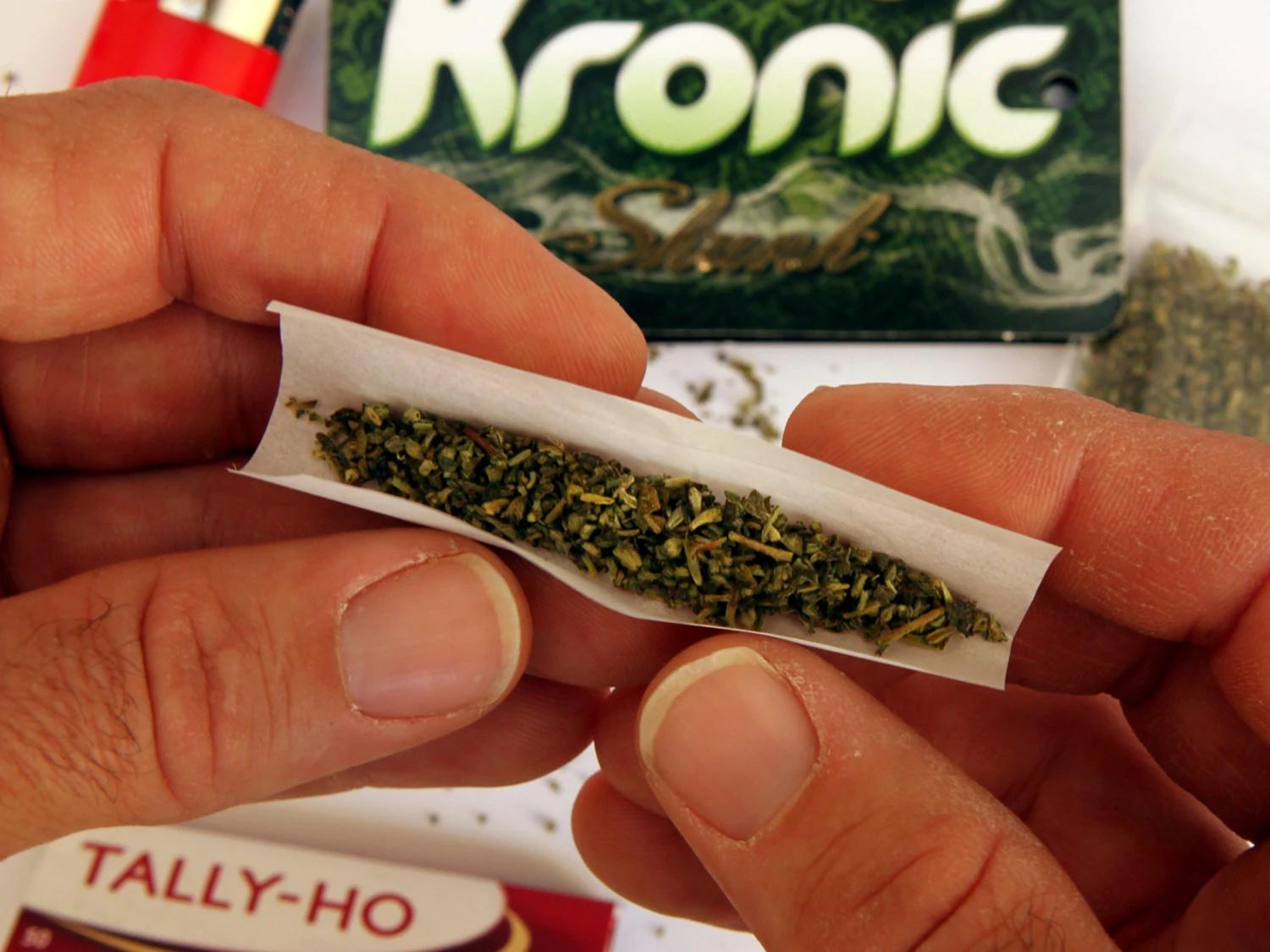PCP, also known as Phencyclidine, is a mind-altering drug that falls into the category of hallucinogens. When consumed, PCP acts on the brain and alters mood, behavior, and perception. It is known for its dissociative effects, causing users to feel disconnected from their body and surroundings. PCP is commonly smoked, leading to a rapid onset of its effects.

The Effects of PCP
When smoked, PCP produces a range of effects on the user. These effects can vary depending on the dosage and individual factors, but commonly include:
- Feelings of euphoria and joy
- Increased confidence and reduced inhibition
- Distorted perception of time and space
- Changes in sensory perception, such as hallucinations
- Decreased pain sensitivity
- Impaired motor coordination
- Agitation and aggressive behavior
It is important to note that the effects of PCP can be unpredictable and may vary from person to person. Some individuals may have a positive experience, while others may experience negative effects and even psychosis.

The Risks of PCP Smoking
While PCP smoking can produce pleasurable effects, it is important to be aware of the potential risks and dangers associated with its use:
Physical Health Risks
PCP smoking can have significant impacts on physical health. Users may experience respiratory issues, including difficulty breathing and lung damage. Smoking PCP also puts individuals at risk for developing respiratory infections and other respiratory conditions.

Mental Health Risks
PCP is known to have profound effects on mental health. It can induce psychosis, leading to hallucinations, delusions, and disorganized thinking. Prolonged use of PCP can contribute to the development of mental health disorders such as schizophrenia.
Impaired Judgment and Risky Behavior
While under the influence of PCP, individuals may exhibit poor judgment and engage in risky behaviors. This can include reckless driving, violence, and self-harm. PCP's dissociative effects can impair decision-making abilities and increase the likelihood of engaging in dangerous activities.
Addiction and Dependence
PCP has the potential to be highly addictive. Regular use can lead to psychological dependence, where individuals feel a strong urge to continue using the drug to experience its effects. Withdrawal symptoms, such as cravings, depression, and anxiety, may occur when attempting to stop using PCP.
Seeking Help and Support
If you or someone you know is struggling with PCP smoking or any other substance abuse issue, it is crucial to seek help and support. Treatment options, such as therapy and rehabilitation programs, can provide the necessary support and guidance to overcome addiction and address underlying mental health concerns.

Frequently Asked Questions
Q: How is PCP smoked?
A: PCP is commonly smoked by applying it to a cigarette or marijuana joint. It can also be vaporized and inhaled using a pipe or electronic vaporizer.
Q: Can PCP be detected in drug tests?
A: Yes, PCP can be detected in drug tests. It can be detected in urine, blood, and hair samples. The detection window varies depending on the type of drug test used.
Q: Is PCP illegal?
A: Yes, PCP is illegal in most countries, including the United Kingdom. It is classified as a Class A drug due to its potential for abuse and harmful effects.
In Conclusion
PCP smoked is a potent hallucinogenic drug that can have significant physical and mental health risks. While it may produce pleasurable effects for some users, it is crucial to be aware of the potential dangers and seek help if struggling with addiction. Understanding the risks associated with PCP smoking can help individuals make informed decisions about their health and well-being.
If you want to know other articles similar to Pcp smoking: effects, risks, and support you can visit the Hallucinogens category.

